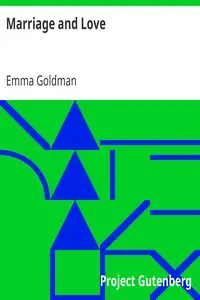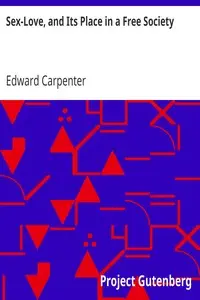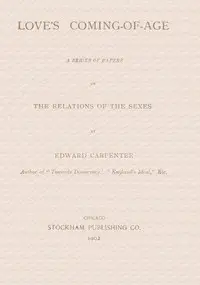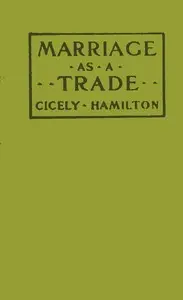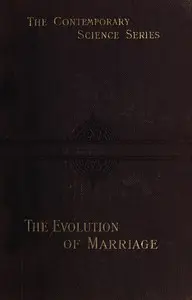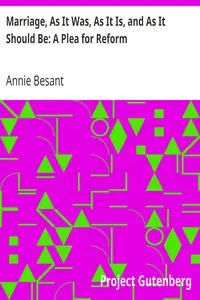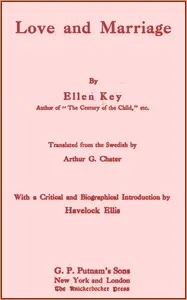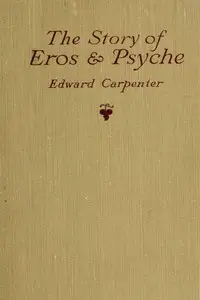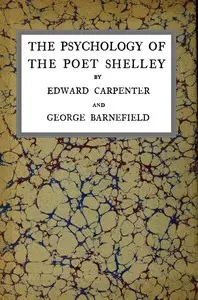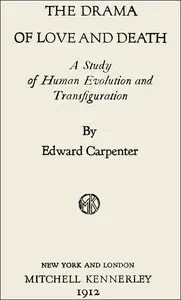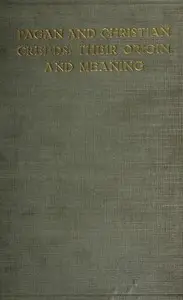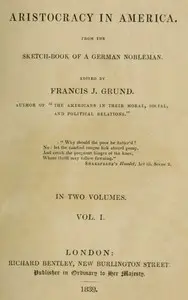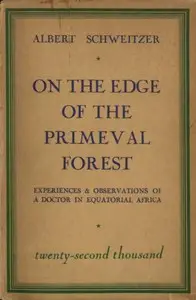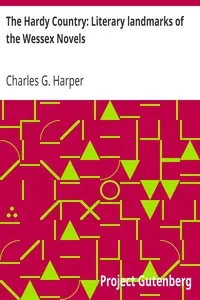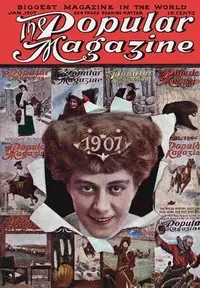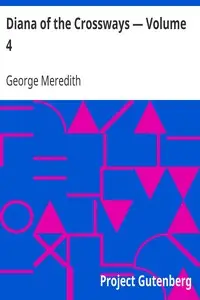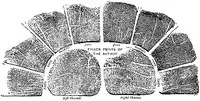"Marriage in Free Society" by Edward Carpenter is a deep look into how marriage works in society, written in the late 1800s, that explores the complicated parts of marriage and what it means for everyone. The book mainly talks about the roles of men and women and how history has shaped these roles. Carpenter questions the usual ways of thinking about marriage, saying that real love and friendship should be the main things in a marriage, not just following social rules or laws. He looks at how men and women are raised differently and what society expects from them, which can cause problems in marriages. He also talks about how not knowing much about sex and how society puts pressure on people can harm relationships. Carpenter argues for more freedom and understanding in marriage, believing it should be based on love, trust, and respect, without being held back by strict social rules or old laws, and hopes for a future where marriage is a more natural and satisfying connection that brings true equality between partners.

Marriage in Free Society
By Edward Carpenter
In a time of changing social norms, discover a bold vision of marriage built on love, equality, and freedom from outdated traditions.
Genres
Released
2012-07-11
Formats
mobi (images)
mobi
epub
epub (images)
epub3 (images)
txt
Free Download
Summary
About the AuthorEdward Carpenter was an English utopian socialist, poet, philosopher, anthologist, an early activist for gay rights and prison reform whilst advocating vegetarianism and taking a stance against vivisection. As a philosopher, he was particularly known for his publication of Civilisation: Its Cause and Cure. Here, he described civilisation as a form of disease through which human societies pass.
Edward Carpenter was an English utopian socialist, poet, philosopher, anthologist, an early activist for gay rights and prison reform whilst advocating vegetarianism and taking a stance against vivisection. As a philosopher, he was particularly known for his publication of Civilisation: Its Cause and Cure. Here, he described civilisation as a form of disease through which human societies pass.
Total Reviews
10.0k
Total reviews from Goodreads may change

